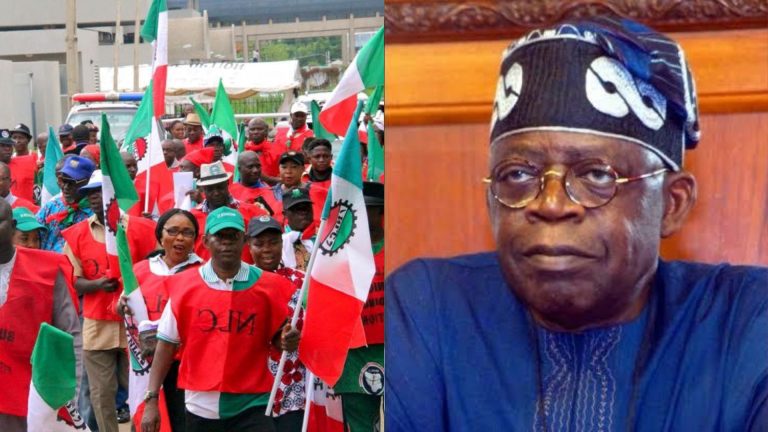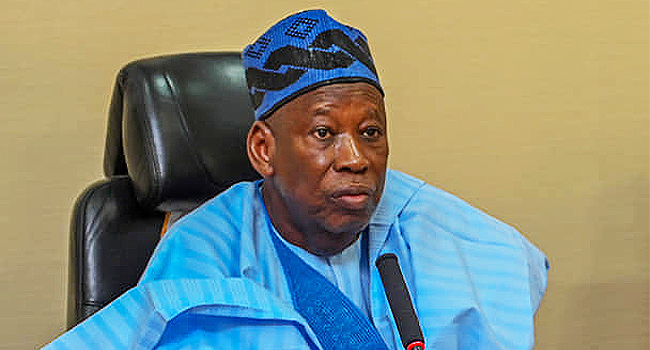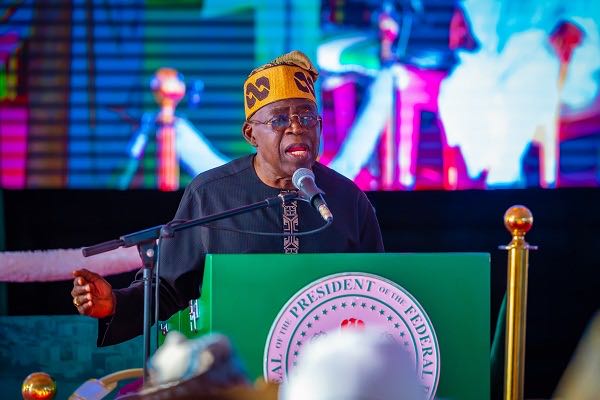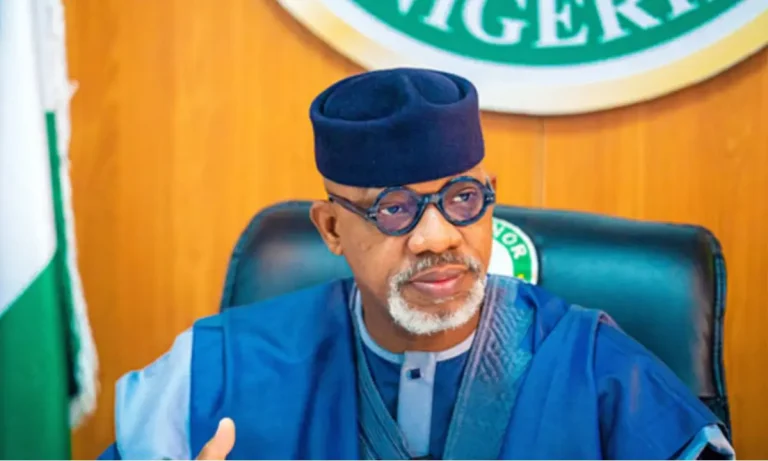…As First Bank recoups N456bn loan before liquidation
By Charles Ebi
Nigerian Deposit Insurance Corporation on Wednesday said it would go after debtors of Heritage Bank owing the bank about N700bn.
The Managing Director of the Corporation Bello Hassan, gave the figure during a chat with journalists in Abuja.
The Central Bank of Nigeria ,CBN, had on Monday took a significant step to ensure stability in the banking sector by revoking the license of Heritage Bank Plc.
This decision had raised questions and concerns among customers, stakeholders, and the general public.
The CBN, in its mandate to ensure a sound financial system in Nigeria, revoked the license of the bank with immediate effect.
This action was taken under the powers granted by Section 12 of the Banks and Other Financial Institutions Act ,BOFIA, 2020.
Speaking on the move, the NDIC Boss said that based on preliminary assessment of the books of the bank, the amount of depositors fund is about N650bn.
The NDIC boss assured customers of the bank that if the N700bn loan is recovered, it would effectively cover the N650bn that customers have deposited with the bank.
He said, “From our preliminary assessment, we have found out that Heritage Bank has N650bn deposits and loans is about N700bn and if we recover this amount, no depositor will lose their deposit
“We assure depositors that there is no need to panic and that they will get their money bank”.
The NDIC has been appointed as the liquidator of Heritage Bank. Customers with insured deposits will be paid up to the insured limit of N5m. There had been fears that customers of amounts exceeding the insured limit may be at risk.
But speaking on the development, Hassan said there is no need for panic.
He said there are 2.3 million depositors of Heritage Bank, adding that about 99.9% of that figure have less than N5m as deposits.
According to him, only about 4,000 depositors have about N5m and above in the bank.
In the same vain, First Bank says it has received the full repayment of “N456bn loan” extended to Heritage Bank.
This recovery is part of a “bailout loan” arranged during the tenure of former Central Bank of Nigeria, Governor Godwin Emefiele.
According to top sources from First Bank, the CBN credited the tier-one bank prior to its decision to revoke Heritage Bank’s license, thus averting what could have been a significant impairment charge for First Bank.
On Monday, the CBN announced the revocation of Heritage Bank’s license, stating that “the bank has continued to suffer and has no reasonable prospects of recovery”, which led to the bank’s eventual collapse.
Verified information indicates that the actual amount received by First Bank was N456 billion, concluding a seven-year wait since First Bank supported Heritage Bank in clearing.
First Bank’s financial statements reveal that the bank held balances with other banks amounting to N688 billion as of the first quarter ending March 2024, down from N735 billion in December 2023.
According to First Bank, these balances include clearing balances with other deposit money banks. First Bank provides clearing services for some banks in Nigeria, and the current balances within Nigeria include clearing exposures to banks as of December 31, 2023.
Efforts to recover the N456 billion loan intensified as Heritage Bank’s situation worsened over the years. However, a resolution was not reached until a new board and management took over the holding company of the bank earlier this year.
The amount was eventually credited to First Bank ahead of the official announcement of Heritage Bank’s license revocation, ending the seven-year wait.
This payment is expected to be reflected in FBN Holdings’ half-year financial statements, bolstering its cash positions and preventing the bank from incurring a write-off for the loans.
FBN Holdings reported a pre-tax profit of N358.8 billion in the first quarter of 2024, alongside an impairment provision of N227.4 billion.
Heritage Bank’s troubles began in 2019 when it faced severe distress and appeared on the verge of collapse. However, under Godwin Emefiele, the CBN pursued a policy of not allowing banks to fail, supporting Heritage Bank through various measures.
First Bank was given the green light by the CBN to backstop Heritage Bank’s clearing obligations.
Clearing in Nigerian banks refers to the process of settling financial transactions between banks, ensuring the correct transfer of funds from one account to another.
This process is vital for maintaining the banking system’s integrity and efficiency, involving several steps and mechanisms to facilitate the smooth exchange of financial instruments such as checks and electronic funds transfers.
Banks excluded from the clearing process are technically insolvent, indicating distress and preventing further exposure by other banks.
However, under Emefiele’s policy, the CBN supported Heritage Bank through First Bank, issuing a “Letter of Comfort” to the tier-one bank. This guarantee ensured that First Bank did not have to make significant provisions for the loan.
Auditors had often requested a provision for the loan, but this request was repeatedly dropped due to the CBN’s letter guaranteeing loan repayment.
This successful loan recovery is a significant financial maneuver for First Bank, reflecting strategic financial management and timely intervention by regulatory authorities to maintain stability within Nigeria’s banking sector.
According to information contained in the 2021 audited financial statement of the bank at a negative reserve of N230.8 billion as of December 2021. The bank had a share capital of just N53.9 billion and accumulated losses of N459.3 billion making it technically insolvent.
As of 2021, Heritage Bank reported it had a balance of N247 billon as balances due to banks in Nigeria. The bank also cited First Bank as the only bank owed the amount at the time. It is likely that the N456 billion paid to First Bank includes accumulated interests. Heritage Bank is yet to make public its 2022 and 2023 financial statements.
The CBN revoked the banking licence of Heritage Bank Plc with immediate effect, citing the bank’s persistent financial instability and breach of regulatory requirements.
In a press release on Monday, the CBN disclosed that Heritage Bank had failed to adhere to Section 12 (1) of BOFIA 2020, which necessitated regulatory intervention.
Despite multiple supervisory measures prescribed by the CBN to mitigate the bank’s declining financial performance, Heritage Bank has been unable to improve its financial health.
The bank’s continuous underperformance poses a significant threat to financial stability, compelling the CBN to revoke its licence.
The Nigeria Deposit Insurance Corporation ,NDIC, has started the liquidation process of Heritage Bank Plc following the revocation of its banking license by the CBN.
The Corporation noted that depositors are protected, as the NDIC is currently verifying to pay customers of the bank up to N5 million, depending on their deposits.
In other news the CBN also denied allegations suggesting that it plans to revoke the licenses of three more banks following its recent regulatory action against Heritage Bank Plc.
The rumours emerged shortly after the CBN’s regulatory intervention with Heritage Bank Plc, leading to speculations about further actions against other banks. However, the CBN has assured the public that the Nigerian financial system remains robust and resilient.









